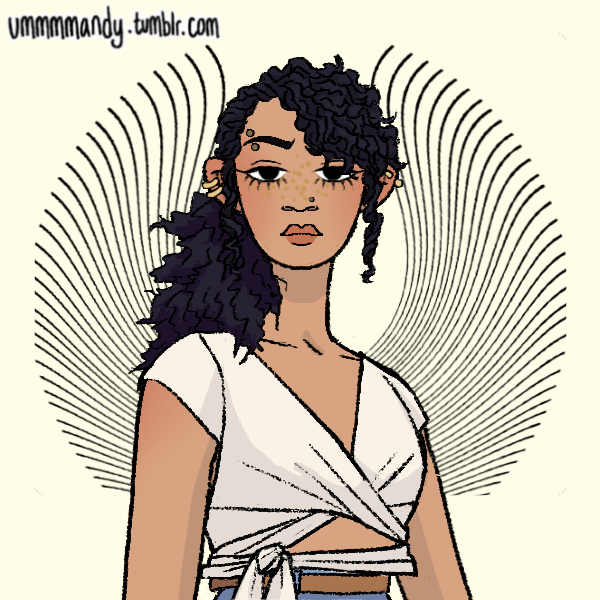Over the Hedge
The Devil at the Crossroads, According to Sergei
|

Image courtesy of ummmmandy's picrew.
AuthorThe blog of Jackie Veracruz. Boost on TopWebFictionTall Tales: Volume Two now available
Archives
September 2022
Categories
All
|
Story Blogs |
Resources |
 RSS Feed
RSS Feed